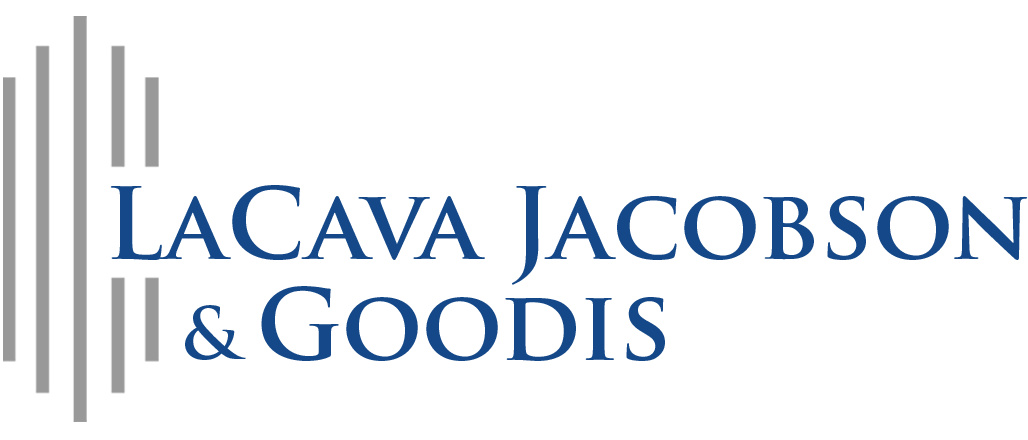New Florida Slip and Fall Statute effective July 1, 2010
One of the most useful defenses in premises liability cases is the defendant’s lack of notice of the allegedly dangerous condition. The Florida Legislature has favorably shifted the standard of proof in slip and fall cases in a statute that becomes effective July 1, 2010, under Florida Statute §768.0755. It will read:
Premises liability for transitory foreign substances in a business establishment
- If a person slips and falls on a transitory foreign substance in a business establishment, the injured person must prove that the business establishment had actual or constructive knowledge of the dangerous condition and should have taken action to remedy it. Constructive knowledge may be proven by circumstantial evidence showing that:
- The dangerous condition existed for such a length of time that, in the exercise of ordinary care, the business establishment should have known of the condition; or
- The condition occurred with regularity and was therefore foreseeable.
- This section does not affect any common-law duty of care owed by a person or entity in possession or control of a business premises.
If a plaintiff is unable to establish the defendant had actual or constructive knowledge of the transitory foreign substance under the statute, plaintiff’s case should fail. Business owners will hopefully save time and expense in defending claims where the business owner had no actual or constructive knowledge of the alleged dangerous condition.



 litigation and appeals in all Florida state and federal courts.
litigation and appeals in all Florida state and federal courts.